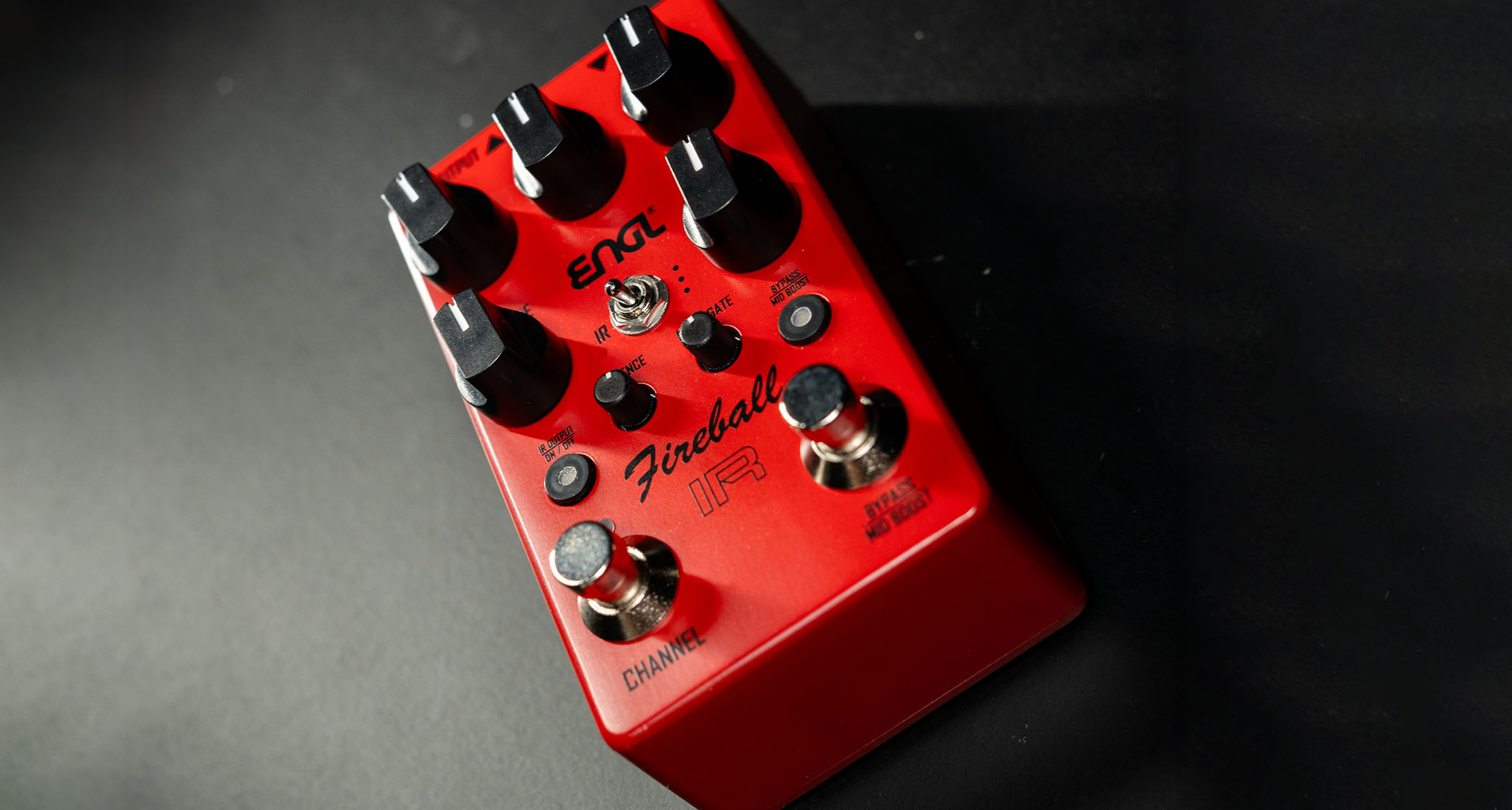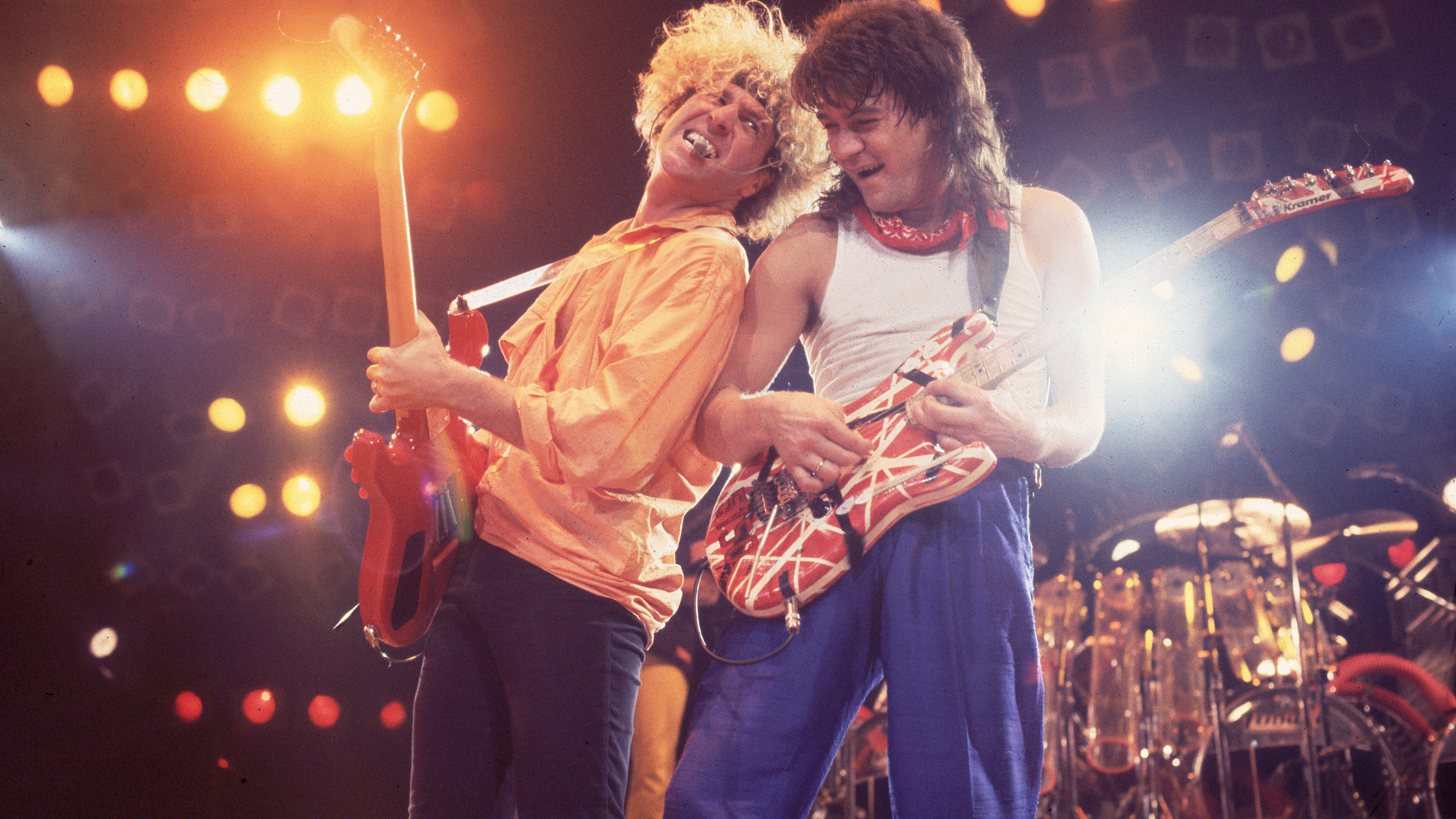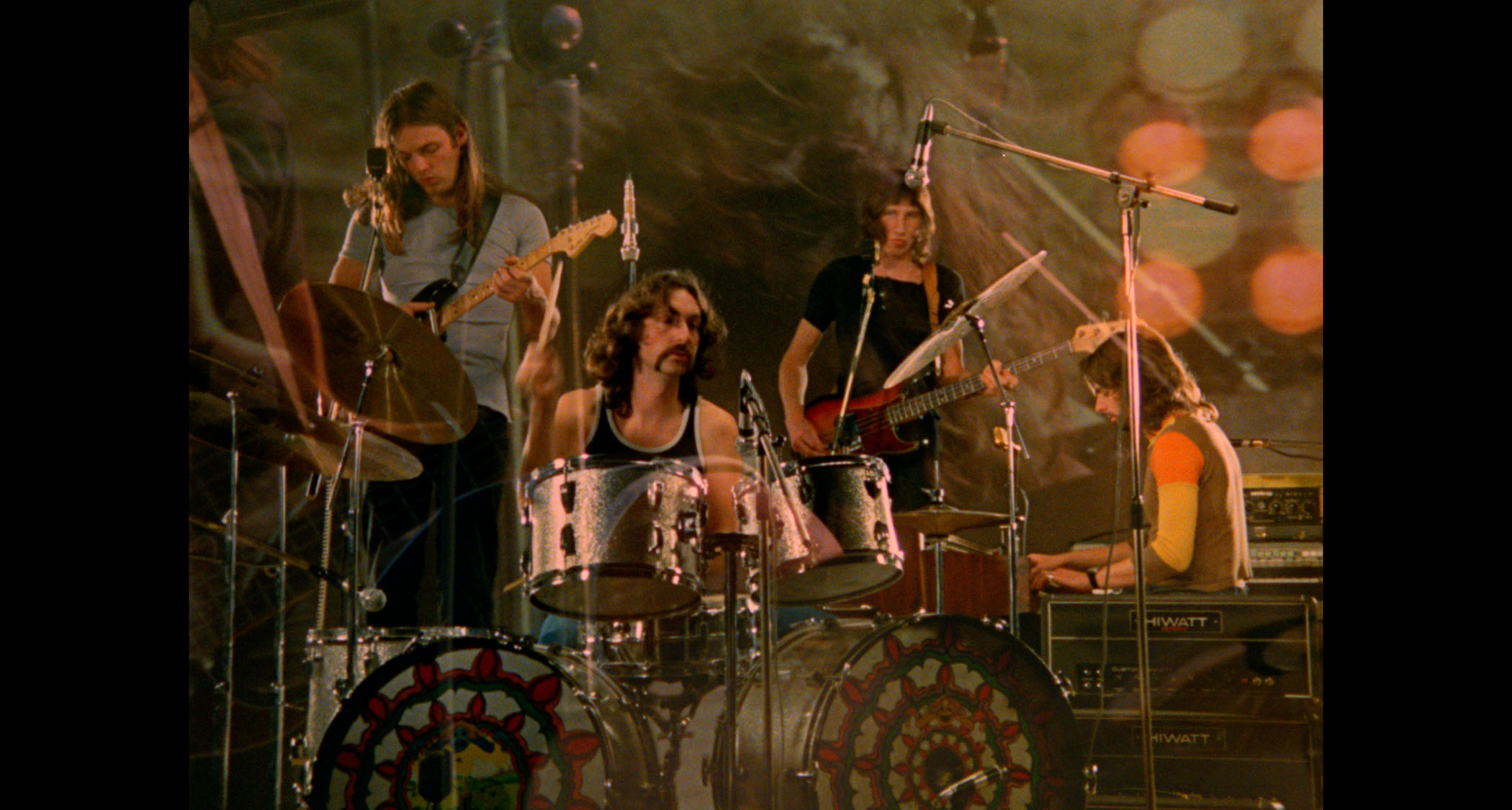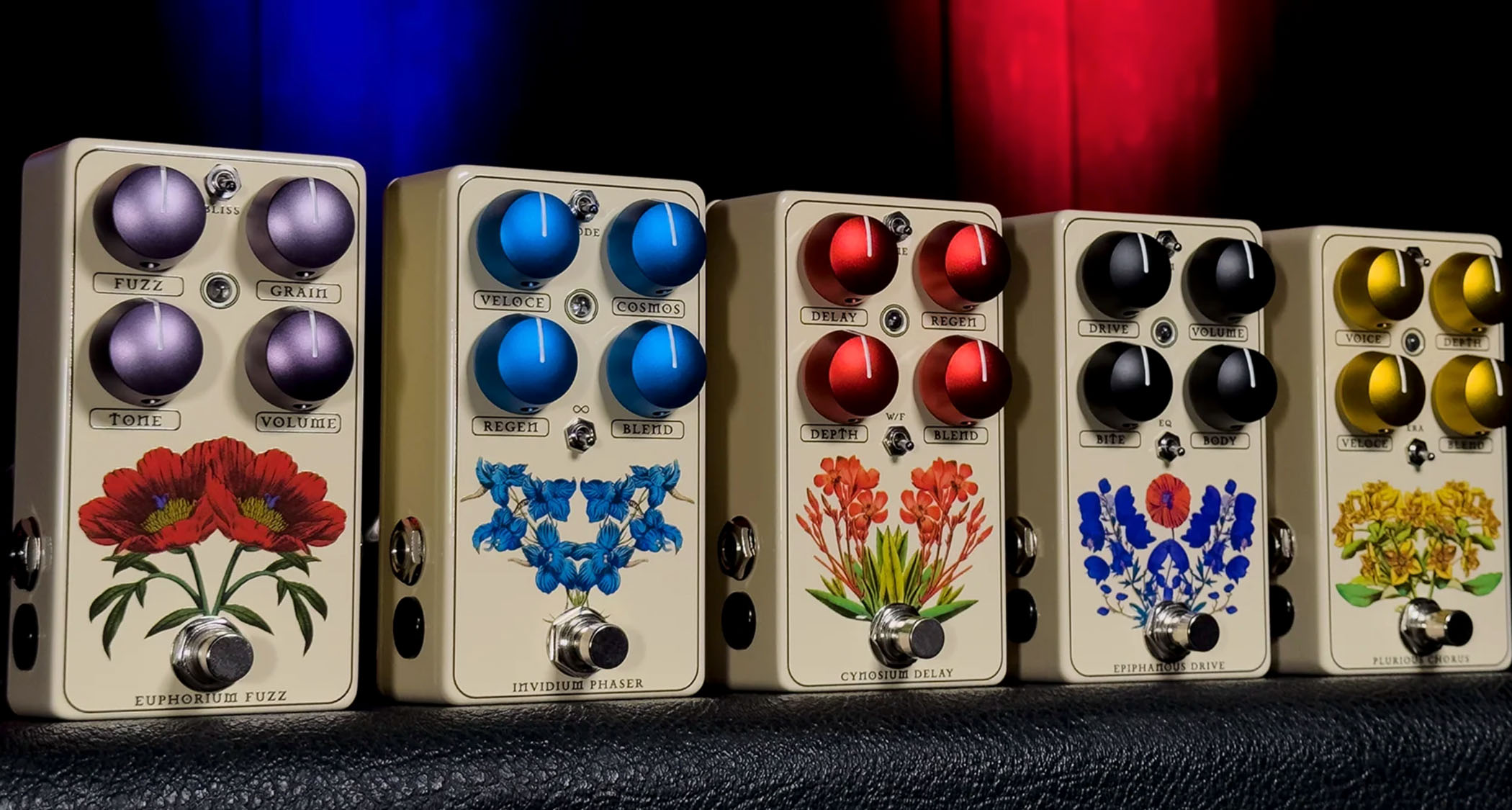In pictures: Daniel Miller in Mute's studio
The record label boss shows us his facility
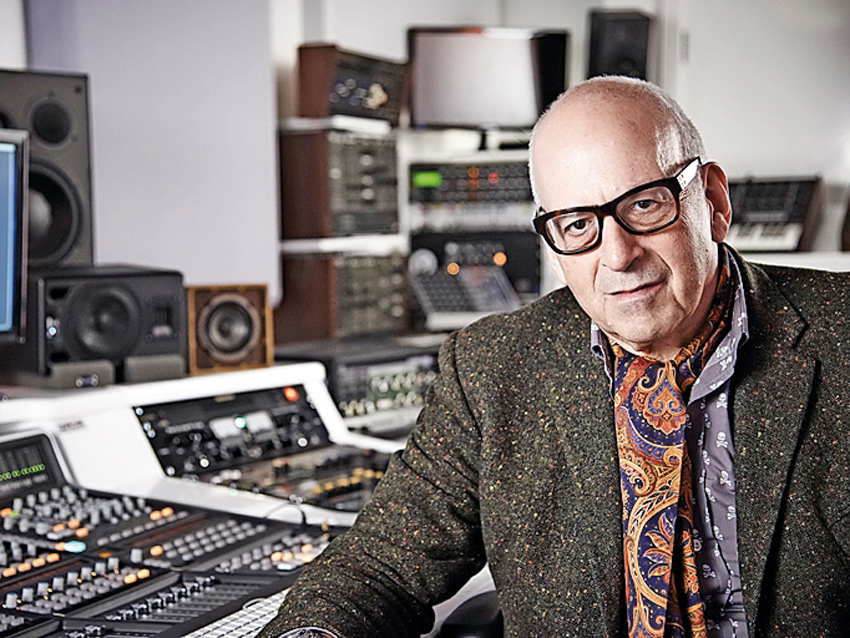
Welcome
Despite being a budding film editor, Daniel Miller showed early signs of entrepreneurialism in the late ’70s by scraping together enough money to release his own single, Warm Leatherette. Recorded in Miller’s apartment using two Revox B-77 tape machines and a cheap Korg 700S synth, the track was a dystopian predictor of the electronic rock movement that was to explode several years later.
The single was released on Miller’s own Mute label, and demo tapes came flooding in to the address provided on the vinyl sleeve, with new wave/ industrial act Fad Gadget becoming the label’s first true signing in 1979.
Since that day, Mute has ridden through the hiccups that all labels experience. The initial success of Depeche Mode helped guide it, while gigantic sales from Moby’s Play album provided much-needed income during a troublesome end to the ’90s.
Today, Mute is in rude health, having expanded its roster of artists and recently upgraded its studio facilities to provide a luxurious environment for in-house and external clients to get creative. Future Music visited Miller and took a tour round Studio Mute...
NEXT: SSL Matrix console
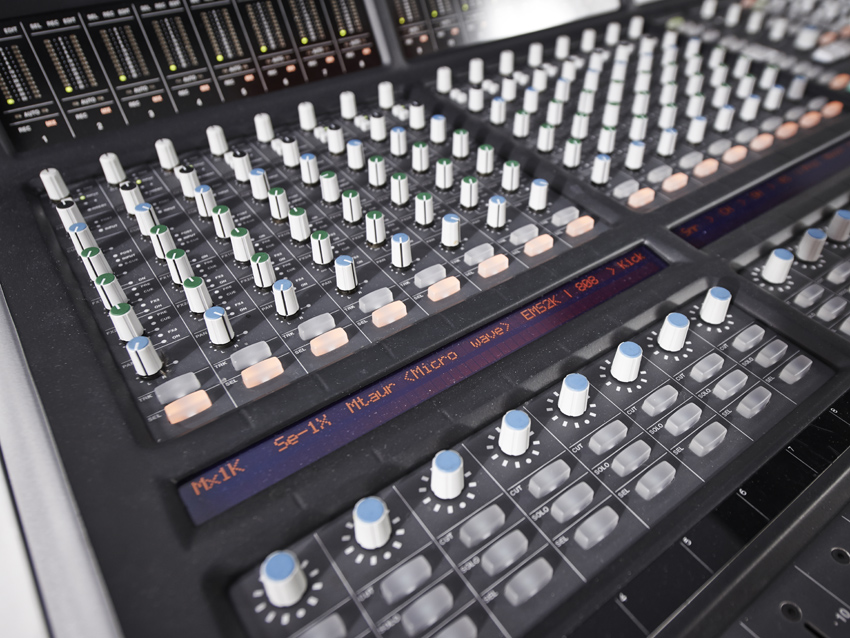
SSL Matrix console
“We had some beautiful Amek desks back in Harrow Road which we loved, but we felt they weren’t really suited to the way we wanted to work going forward. We didn’t need that kind of facility any more.
“We did a lot of due diligence about the right way forward and felt that [the SSL Matrix] was a good compromise.”
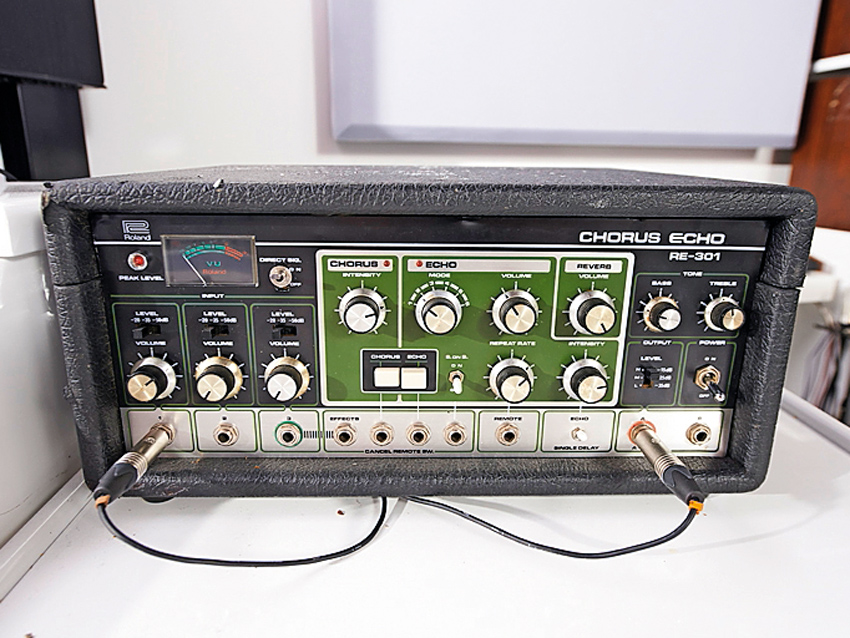
Roland RE-301 Chorus Echo
“I’ve had this [Roland] Chorus Echo since 1980 or something and it’s still going strong. You can’t recreate that sound with anything else - I love it.”
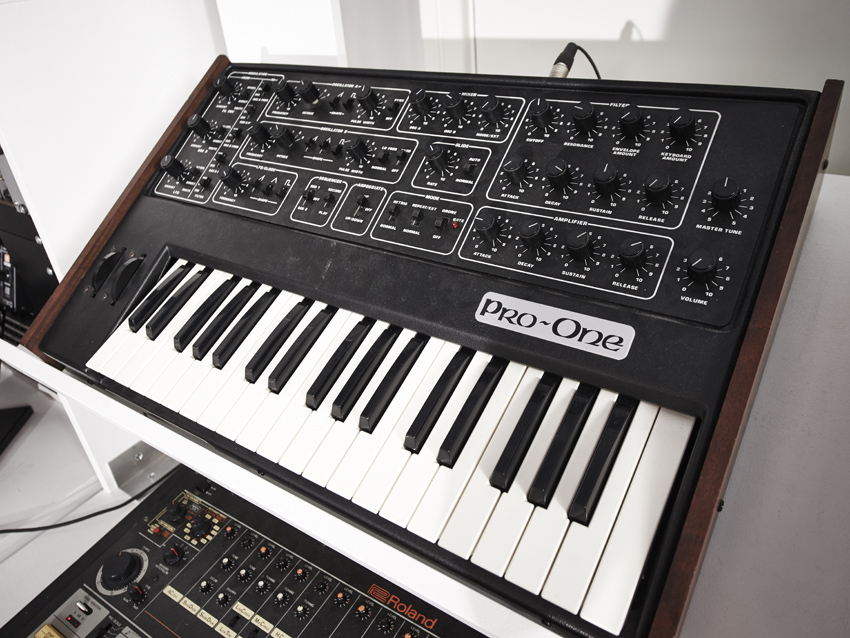
Sequential Circuits Pro One
“This Pro-One used to belong to the keyboard player with Fad Gadget.”
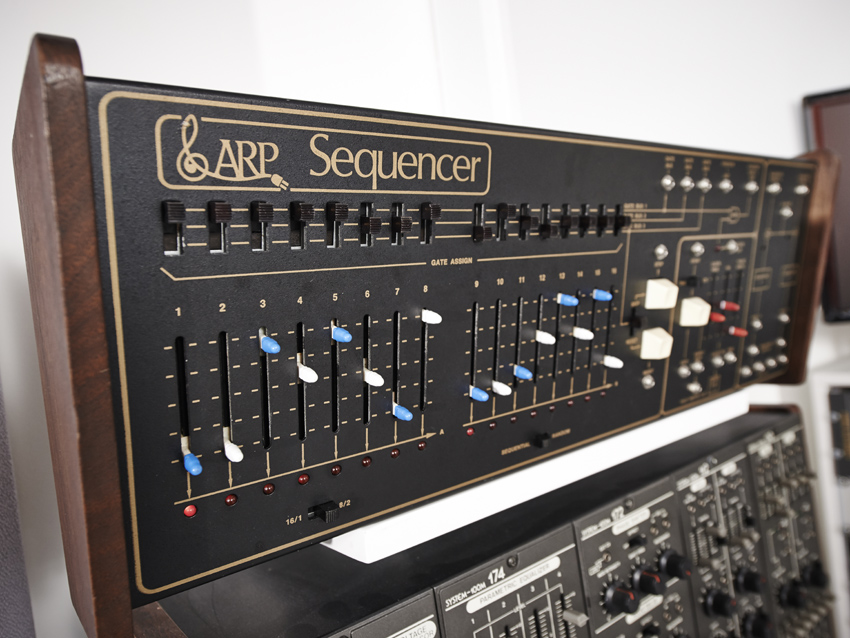
ARP Sequencer
“This was at the heart of a lot of the work we did in the early ’80s. On those early Depeche Mode and Fad Gadget records this did all the rhythmic work, basslines and percussive effects.”
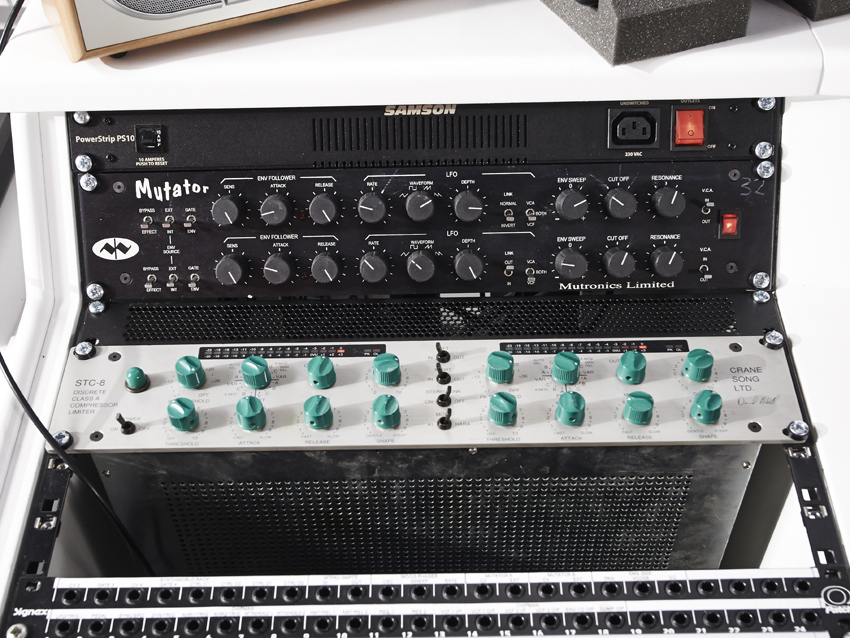
Mutronics Mutator
“This is an analogue stereo filter with LFO. It's really fat sounding and you can modulate it in different ways. It's like a great filter on a synth, but easy to patch into things.”
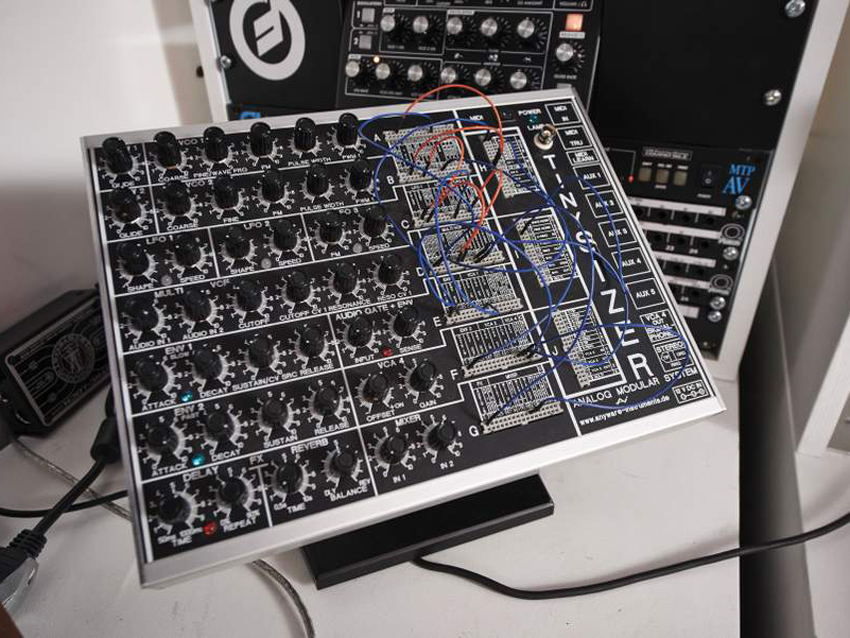
Anyware Tinysizer
“This is like a portable modular synth. I really appeals to my sense of portability.”
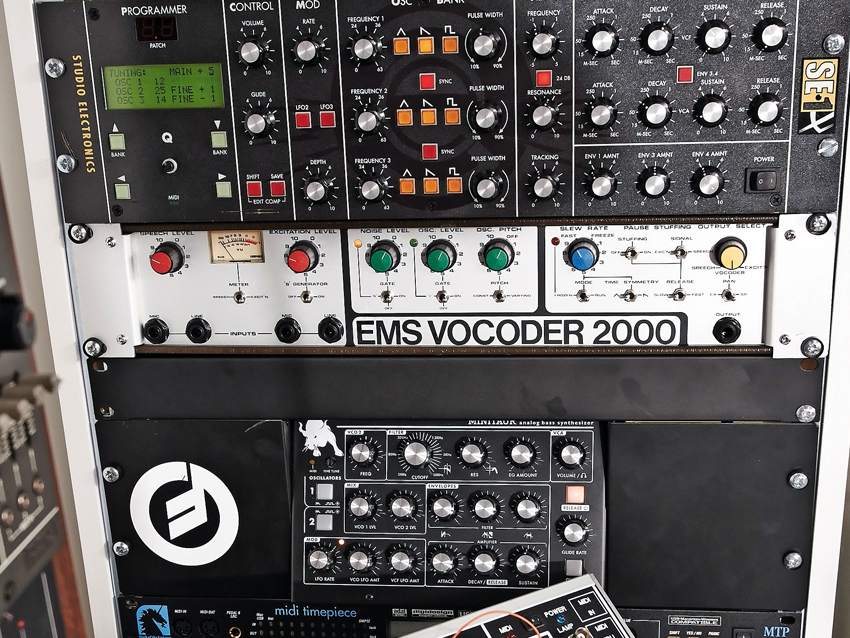
EMS Vocoder
“A lot of digital vocoders just don't cut it. The analogue sound here is very robotic indeed. It's more Kraftwerk than ELO, essentially.”
Future Music is the number one magazine for today's producers. Packed with technique and technology we'll help you make great new music. All-access artist interviews, in-depth gear reviews, essential production tutorials and much more. Every marvellous monthly edition features reliable reviews of the latest and greatest hardware and software technology and techniques, unparalleled advice, in-depth interviews, sensational free samples and so much more to improve the experience and outcome of your music-making.




